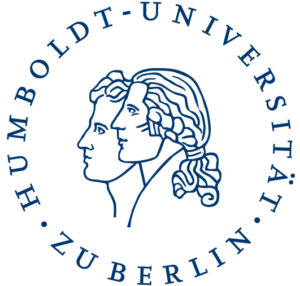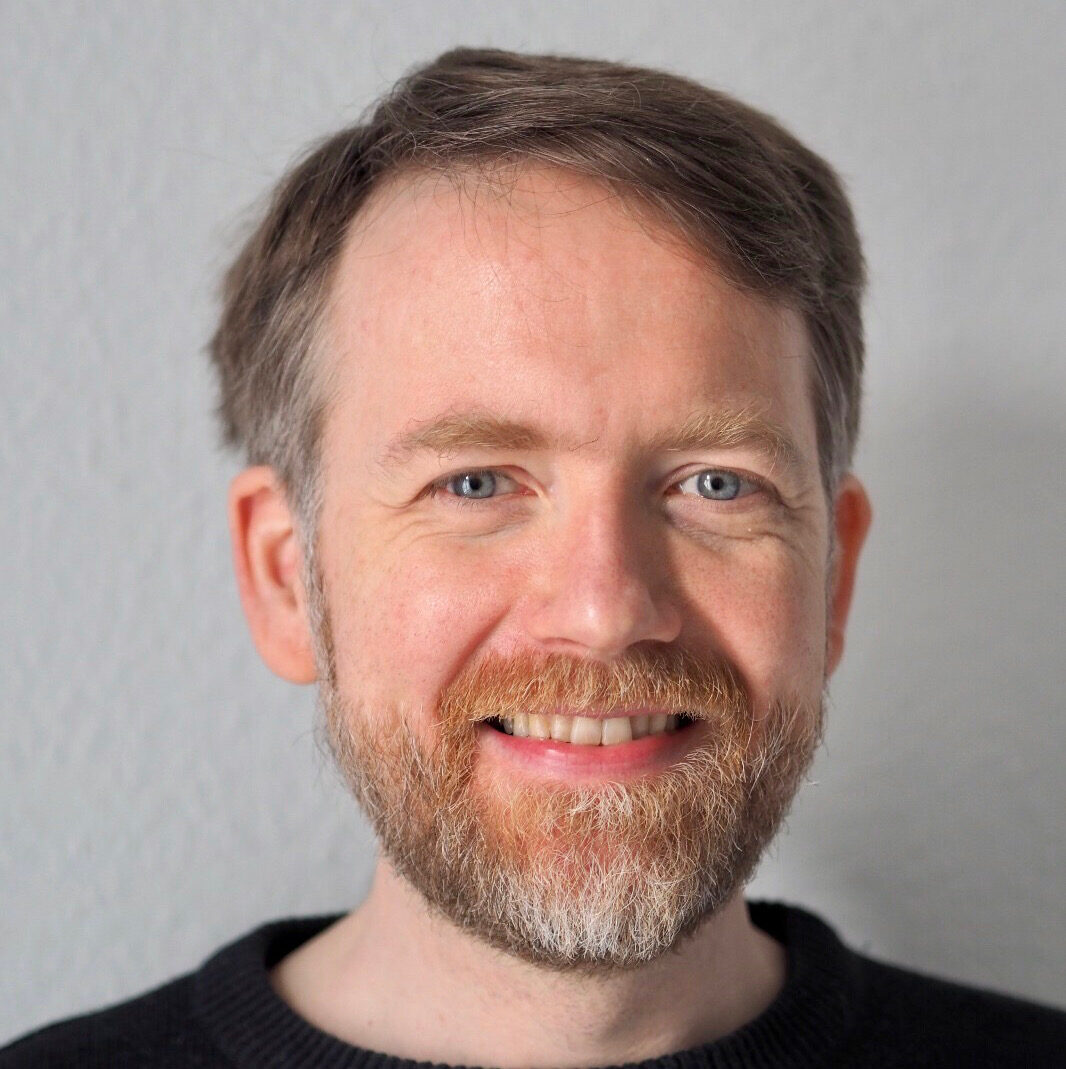
Dr. Wilko Graf von Hardenberg is a historian of the environment, science, and knowledge at the Department of Cultural History and Theory of Humboldt University in Berlin. He is the Principal Investigators for the project’s German component. His research looks at how nature has been perceived, explained, and managed in late modern Europe and how this has had repercussions on the global scale. At the core of Wilko’s work lies the issue of how political power, scientific concepts, and material practices interact in modern history, with interests ranging from the history of nature conservation to that of the concept of sea level. Within the project he will focus on the role of auditory perception in shaping early nature conservation efforts.
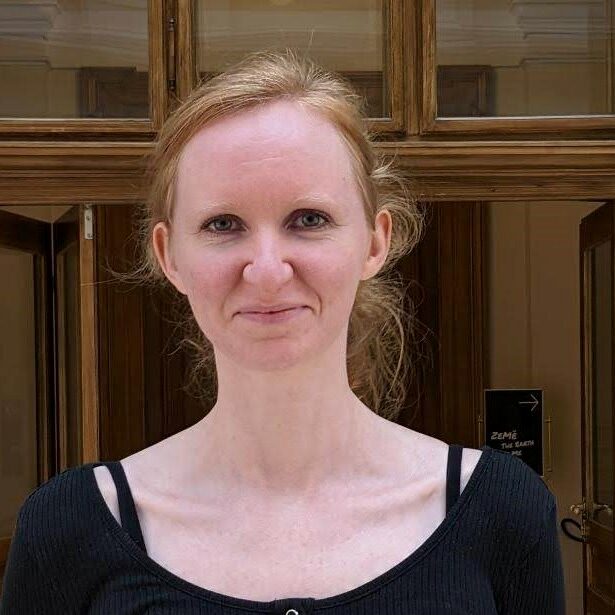
Anne Hehl works on the project as part of her doctorate. She gained her master’s degree in German Studies from the Justus-Liebig-University of Giessen, where she focused on literature of the Weimar Classic period, Expressionism and literature for language learners. Ever since her childhood she feels deeply connected to nature and is driven by curiosity about what “nature” is and how humans bond to it – or not. The complex and often difficult relationship between nature and human is therefore her main research interest. How a relationship is formed and expressed through the perception and evaluation of acoustic phenomena in texts of the “long nineteenth century” shall be the guiding question of her doctoral thesis.
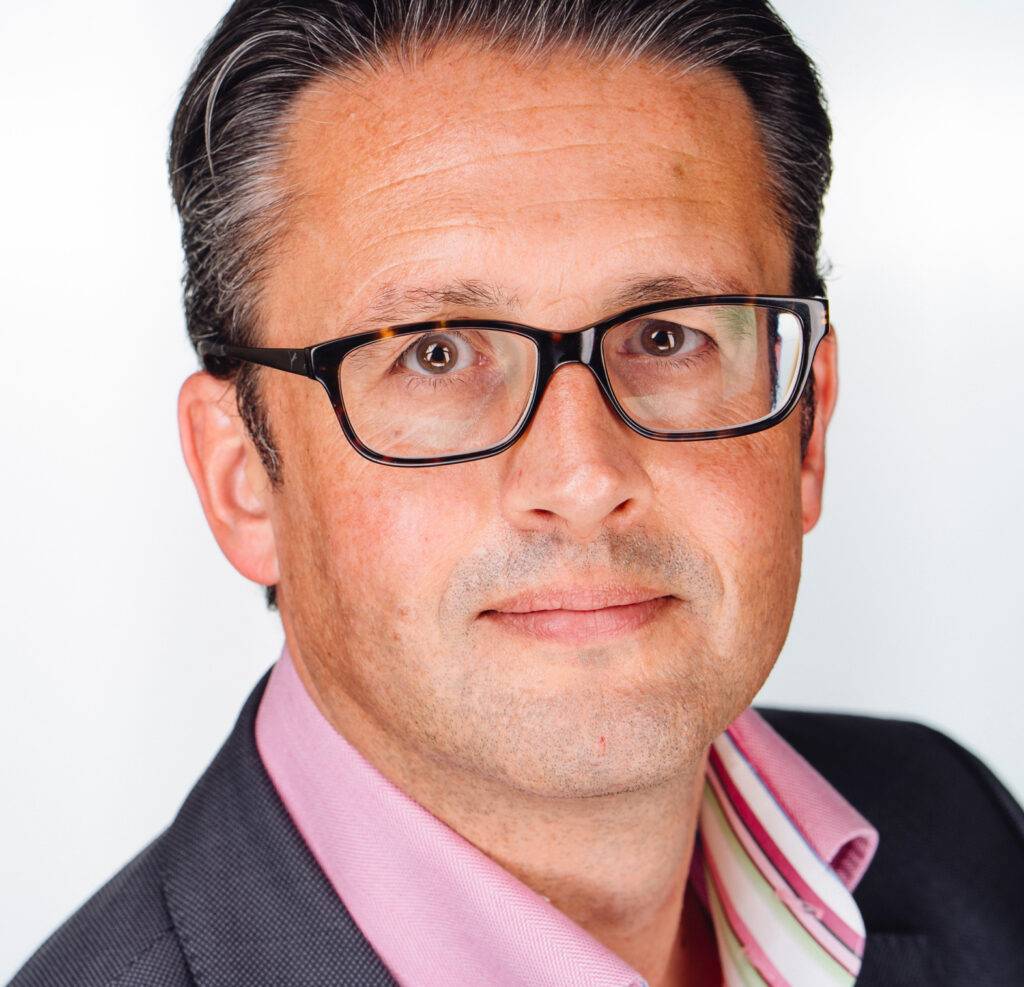
Professor Martin Willis is Professor of English and Head of the School of English, Communication and Philosophy at Cardiff University. He is the Principal Investigator for the project’s British component. He is also co-Director of the ScienceHumanities Initiative, the research group within which ‘The Sounds of Nature’ project first took shape in the research conducted by Jamie Castell. Martin’s interests in sound emerge from his work on the histories and literatures of sleep, where he became fascinated with historic accounts of sleeping within different environments, including natural landscapes. As well as leading the organisation of the project in the UK, Martin will be mentoring the postdoctoral fellow and working towards joint publications focussed on both literature and history with Jamie and Wilko.

Dr. James Castell is a Visiting Research Fellow in the School of English, Communication and Philosophy at Cardiff University and project consultant for ‘The Sound of Nature: Soundscapes and Environmental Awareness, 1750-1950’. He is broadly interested in the role of nature in poetry from the Romantic period to the present day, with a particular focus on the complexity of the word ‘nature’ itself, literary encounters with animals and, most pertinently to this project, the importance of sound in poetic accounts of nature. He is a former Lecturer in English Literature at Cardiff University who has published on William Wordsworth, John Clare, Ted Hughes, and the relationship between science and the humanities. In addition to his academic work, he is currently apprenticing himself in agriculture.
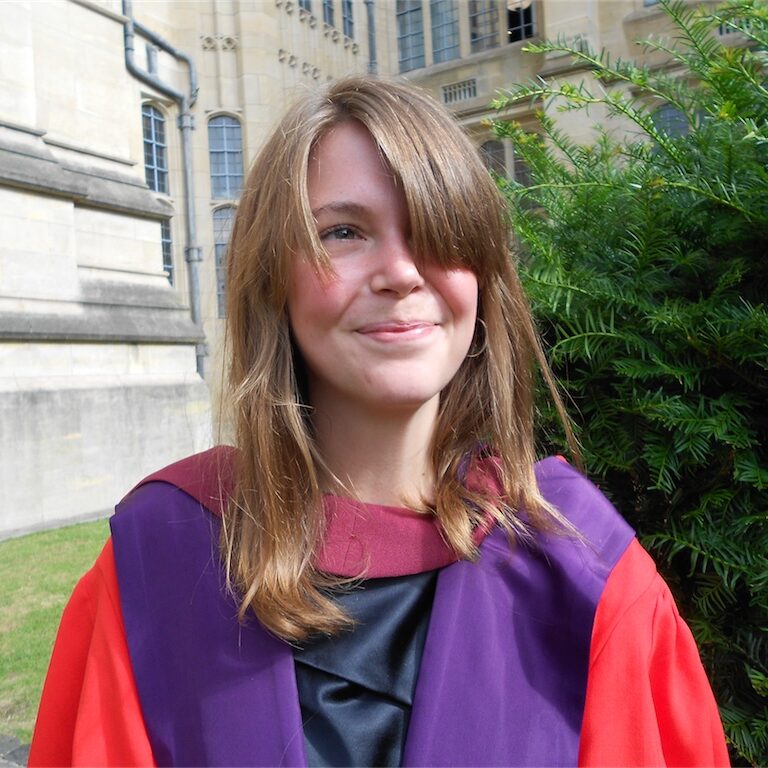
Dr. Francesca Mackenney is a Research Associate based at Cardiff University. Her book, Birdsong, Speech and Poetry: The Art of Composition in the Long Nineteenth Century (Cambridge University Press, 2023), explores how scientists, musicians and poets have interpreted the everyday mystery of birdsong. Her current work turns to the strange sounds and antics of wetland birds in the mating season: the booming of the bittern, the drumming of the snipe and the ‘peewit’ of the lapwing. Like so many other things about wetlands, these peculiar mating rituals may tell us something about the evolutionary origins of our ‘sense of the beautiful’ as well as how important aesthetic tastes have proved in determining what is valuable and worth conserving in the natural world. Alongside her research, her attention has focused on exploring the role that poetry can play in environmental education. During lockdown, she created an educational podcast about birdsong for young people (waysoflistening.net).
